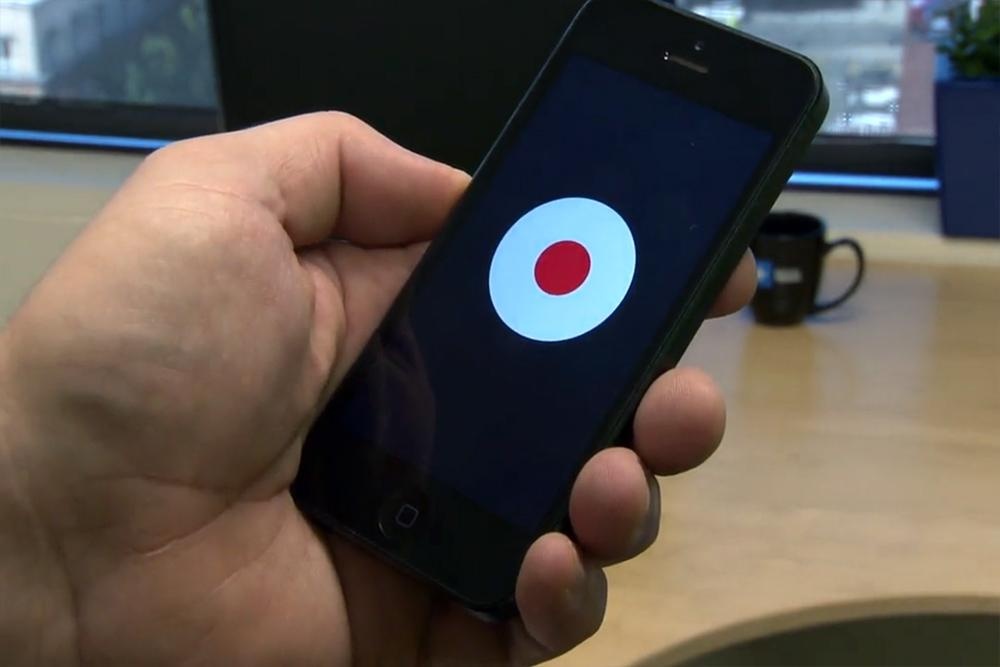How to speak English like a native speaker? 7 tips you must follow
Struggling to speak English like a native English speaker?

Many individuals who are learning English as a second language suffer due to a very frustrating issue that they are unable to speak like natives. They put a lot of efforts into their studies so that they can talk with appropriate vocabulary, grammar, and expressions. However, when they speak, they occasionally hear comments like this:
I’m sorry! Would you please repeat that?
It’s annoying! Your level of fluency will be constantly undervalued if your English pronunciation is poor. Making friends might be very difficult if you have a poor accent. According to studies, companies in the US frequently favor applicants for more prestigious positions who speak with standard American and British accents.
How can you speak like a native English speaker?
Here I have crafted some selective ideas that can help you to speak English like native people.
1. Memorize some local expressions:
After taking classes in the English language, you could find that when you communicate with native speakers, they don’t always grasp what you’re trying to say. You may have also observed that if a student belonging to a different country attempts to speak in your native tongue it doesn’t sound very natural.
In addition to pronunciation, vocabulary, and verb conjugation, local expressions also contribute to our potential to sound more natural when speaking the English language. Such terms as slang, colloquialisms, regional idioms, and local jokes are included in local expressions. Consider the examples below.
Speak soon– means Goodbye
Hands are tied– means can’t do anything about that, (my hands are tied, or they can’t do anything – their hands are tied.
No worries- means there’s nothing to worry about
Piece of cake- means that’s easy
Observe how we are using words in a totally different way.
 2. Work on your pronunciation:
2. Work on your pronunciation:
Anyone learning the English language is aware that, often, spelling isn’t very helpful if we want to know how to pronounce a word correctly. Look at the bolded words below; do you know how to pronounce them?
- Subtle
- Choir
- Often
- Cache
Maybe you pronounce subtle as sab-tl, choir as ko-ir, often as of-tin, and cache as kach-ee. If you are doing that, let me tell you these are the wrong pronunciations. The correct ones are as follows
- Subtle (sut – uhl)
- Choir (kwai-uh)
- Often (0-fn)
- Cache (kash)
Learn the right pronunciations in 12 steps
- Learn to listen
- Refer to the best online English dictionaries
- Notice the movement of your tongue and lips
- Break the words
- Put more emphasis on the sounds and words.
- Ask yourself a question. Which English accent would you like to learn?
- Write out challenging words by their sounds
- Whatever you hear write it down
- Practice tongue twisters
- Watch pronunciation videos and podcasts
- Record your accent
- Practice with your friends
3. Watch and listen to spoken English media:
Watch and listen to as much English-language media as you can. We all don’t feel like sitting down and paying attention to someone speaking our second language after a hard day. But we must try because it does make a difference. There are countless podcasts, and news channels available on TV or mobile phones. Take note of these and pay close attention. Watch a YouTube video while repeating the same words aloud. The more you watch and listen to English-language media it will get simpler to consume. Use American resources if you want to sound like a North American, and the same goes for the UK or Australia.

4. Dialogue with a native speaker:
The most crucial approach you can adopt to sound more like a native English speaker is this one.
Learn English from a native speaker. Just one-on-one real-life conversation; no memorization; no grammar.

Native speakers not only speak clearly, but they also utilize a “living” language that includes all the local slang terms and other distinctive features.
The quickest approach to increase your overall English fluency is to simply interact with a native speaker, whether it be at the airport or in a live online session with one of your teachers. Many non-native speakers are initially anxious to speak, but as you practice, your confidence will grow.
Advantages of dialoguing with a native speaker:
- Rich speaking experience and attentive listening
- Inclusion of common vocabulary and fundamentals of grammar
- Opportunity to learn the language of our modern era
- Study of a different culture simultaneously, thorough and accurate knowledge of that culture’s customs, and interesting information
5. Mirror practice:
Start practicing in front of a mirror for 3 minutes at your initial stage of learning. Spend three minutes each day for a week standing in front of a mirror. Smiling while you look at yourself now begin to speak. Whatever your heart wants, speak it. You have a lot of topics to choose from, including yourself, your family, your friends, and your coworkers.

Increase your time spent looking in the mirror after a week to 5 minutes. Every week, extend the time. It’s best to spend more time in front of the mirror. You will soon become aware of the change. You feel more comfortable now. You no longer give your speech more time to think.
Advantages of mirror practice:
- It develops your confidence
- It helps to develop your English fluency
- It builds your personality
6. Listen to a native English speaker:
Okay, so just to start, I’m going to assume that you either live in an English-speaking society or frequently communicate with English-speaking people. I refer to locals as someone who were raised speaking English.
Typically, when we listen to someone else, we concentrate on what they are saying. You’re going to concentrate more on how others are saying things for the next seven days. Keep an eye on their mouths while they talk; most English words demand big, open sounds that differ greatly from those in Vietnamese or Japanese. Do they have a slow or rapid speech rate? Do they emphasize certain words or syllables in particular?
Word stress and syllable stress are two additional factors that have a significant impact on how well people perceive a language. I won’t go into it here, other than to suggest that you should be aware of the various stress factors because they do affect how English sounds. Try to sense the rhythm that people will be using in their English so that you can then imitate it in your speaking.
7. Record your speech and listen to it later:
An effective technique to increase your fluency and track your improvement is to record yourself speaking English.

Even though this is such a simple concept, many people don’t realize how differently they pronounce it from that native English speakers until they hear themselves. It might open your eyes. This method, which I refer to as “listen and repeat,” is quite beneficial.
Compare the words or sounds you recorded to those of another person. A video of your favorite scene from a movie, such as the lines from “Earth to Echo,” can be found online. Select one or two lines, then record yourself while attempting to imitate the video’s pronunciation, stress, and tone. You can then evaluate the differences between the two and try again.
Conclusion:
So, these were the tips from my side that might help you in your struggle to speak English. I hope you found the article useful. By using these strategies, you can raise your understanding of your communication style.
And how are you practicing your English at home alone? Please comment below.
Author



lrc try
March 4, 2023Very nice post. I just stumbled upon your blog and wanted to say that I’ve really enjoyed browsing your blog posts. In any case I’ll be subscribing to your feed and I hope you write again soon!